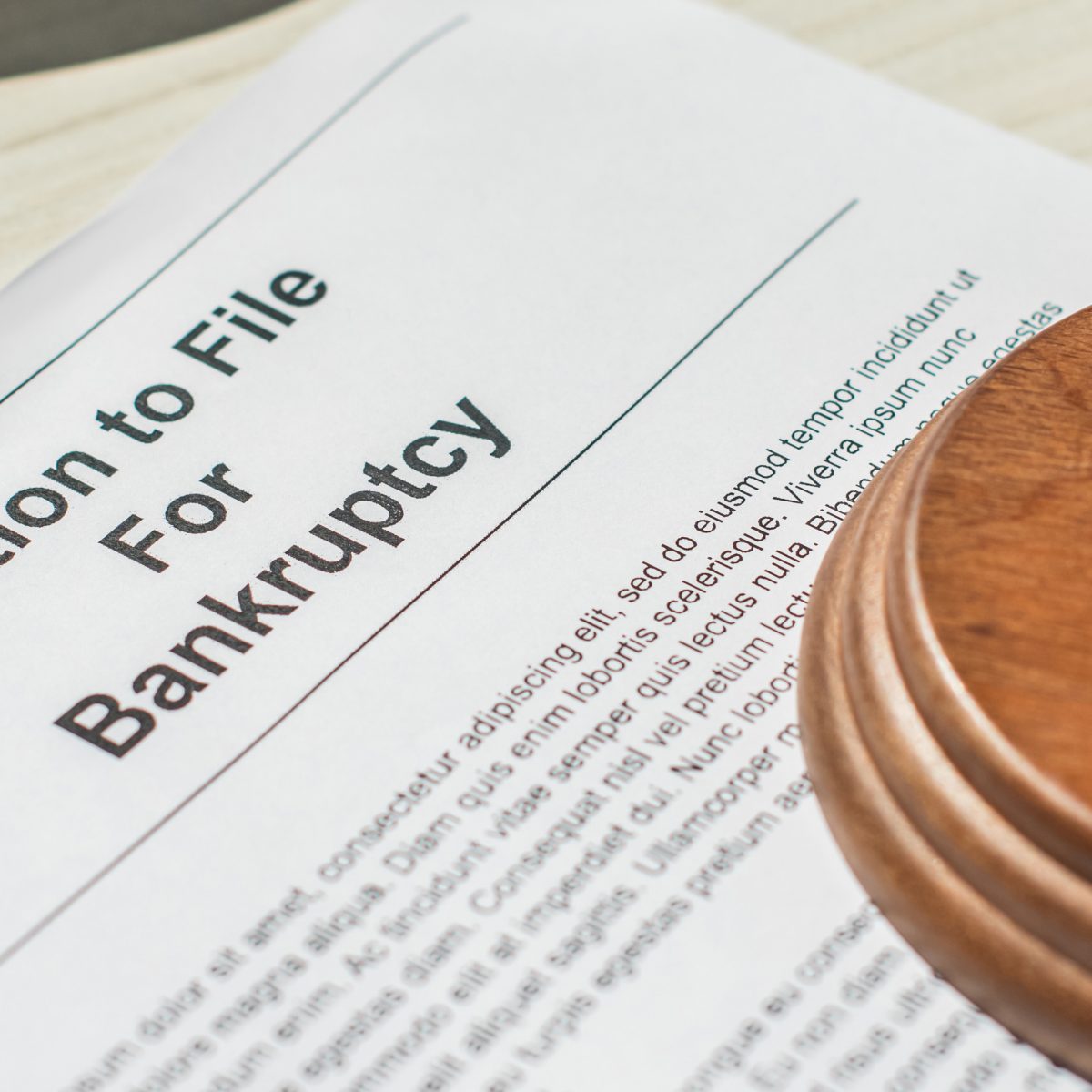Filing for bankruptcy can be a difficult decision, and it’s important to understand what you need to know before taking this step. Bankruptcy is a legal proceeding that allows individuals and businesses with financial difficulty to restructure their debt or eliminate some of it. While filing for bankruptcy can be an effective way to address your financial situation, the process is complex and there are some key considerations you should take into account before making the decision. Let’s break down what you need to know before declaring bankruptcy.
What Is Bankruptcy?
In its simplest terms, bankruptcy is the legal process of discharging debt or reorganizing assets to pay off creditors. It can help those who are struggling with debt by providing relief from creditors and giving them a chance to start fresh financially. There are two types of common bankruptcies—Chapter 7 (liquidation) and Chapter 13 (reorganization).
Chapter 7 Bankruptcy
This type of bankruptcy is also known as liquidation because it requires all non-exempt assets to be sold or liquidated in order to pay off creditors. This type of bankruptcy is intended for individuals who do not have enough income or resources to pay back their debts within a reasonable amount of time. The dischargeable debts under Chapter 7 include credit cards, medical bills, and personal loans. This type of bankruptcy typically takes about six months to complete. To help this type of bankruptcy run more smoothly, it might be a good idea to consult with a chapter 7 bankruptcy attorney.
Chapter 13 Bankruptcy
This type of bankruptcy is known as reorganization because it allows you to reorganize your finances and develop a repayment plan with your creditors over a period of three years or five years, depending on your financial situation. In Chapter 13, you will be able to keep all your property while paying back your debt in installments over an extended period of time—without interest or penalties. Dischargeable debts under Chapter 13 include credit card debt, medical bills, personal loans, taxes owed on income earned more than 3 years ago, and other unsecured debts such as utility bills and rent payments past due for more than 90 days.
The Effects of Bankruptcy
Filing for bankruptcy will have an effect on your credit score, so it’s important to understand how this process works and how long it will last. Declaring bankruptcy may lower your credit score by up to 200 points, depending on where you started from. This decrease in credit score will remain on your record for up to 10 years, which means that obtaining loans or credit cards during this period could be difficult or impossible. It is possible, however, to rebuild credit after filing for bankruptcy by taking steps such as regularly paying bills on time and reducing balances on existing debt obligations.
Eligibility Requirements
Not everyone who owes money is eligible to declare bankruptcy. To be eligible, you must pass a means test which evaluates your current income and expenses against state median income levels. If your income exceeds the state median by more than 25%, then you may not qualify for Chapter 7 bankruptcy protection and may need to look at other alternatives such as debt consolidation or credit counseling services.
Alternatives to Bankruptcy
Before declaring bankruptcy, it’s important to explore all other alternatives such as consolidating your debts or negotiating with creditors directly in order to reduce interest rates and/or monthly payments. This could potentially help you avoid having to declare bankruptcy altogether, as well as allow you more time and flexibility in paying off your debts without having them discharged by a court ruling.
Before entering into any negotiations, it’s important to have an understanding of what you are able and willing to pay back. Contact each creditor directly to explain your financial situation in order to negotiate lower interest rates or payment plans that work better with your budget. Additionally, request for any late or penalty fees to be removed, and inquire about whether the creditor will be able to remove negative marks from your credit report. When negotiating debts, keep good records of all communication with creditors in case you need them as proof in the future. Remember that you are under no obligation to agree to any terms that you are uncomfortable with. Negotiation is always an option when dealing with creditors, but it takes patience and persistence to get the best results. The key is to be proactive in negotiating your debts before they become too overwhelming.
Legal Advice
It’s advisable that anyone considering filing for bankruptcy consults with an attorney who specializes in this area of law prior to taking any action. An experienced attorney can help you understand the different types of bankruptcies available and determine which one would provide the best outcome in your particular situation. A lawyer can also advise you about any legal issues related to creditors attempting collection activity or filing a lawsuit against you prior to or after declaring bankruptcy.
Finding a good bankruptcy attorney can be an important step in helping you navigate the process of filing for bankruptcy. It’s important to find a lawyer who specializes in this area of law, as they will have the expertise and experience to help you understand the different types of bankruptcies available, assess your financial situation, and provide advice on how to handle any legal issues related to creditors. A good bankruptcy attorney should be able to provide a free consultation and answer any questions you may have about the process. It’s important to ensure that the lawyer is up-to-date on applicable laws, experienced in dealing with creditors, and knowledgeable about strategies for getting your case approved.
Declaring bankruptcy is a major decision with potentially life-changing consequences both legally and financially. Before making any decisions regarding filing for bankruptcy, it’s important that you thoroughly research all possible options available under both Chapter 7 and Chapter 13 bankruptcies as well as seek advice from qualified legal counsel if necessary. Once these considerations have been taken into account, then —and only then—should you contemplate whether declaring personal bankruptcy is right for you given your particular circumstances.
Contact Information
Theodore Lowe, Ap #867-859
Sit Rd, Azusa New York
We Are Available 24/ 7. EMAIL Now.
- 7 June, 2025




